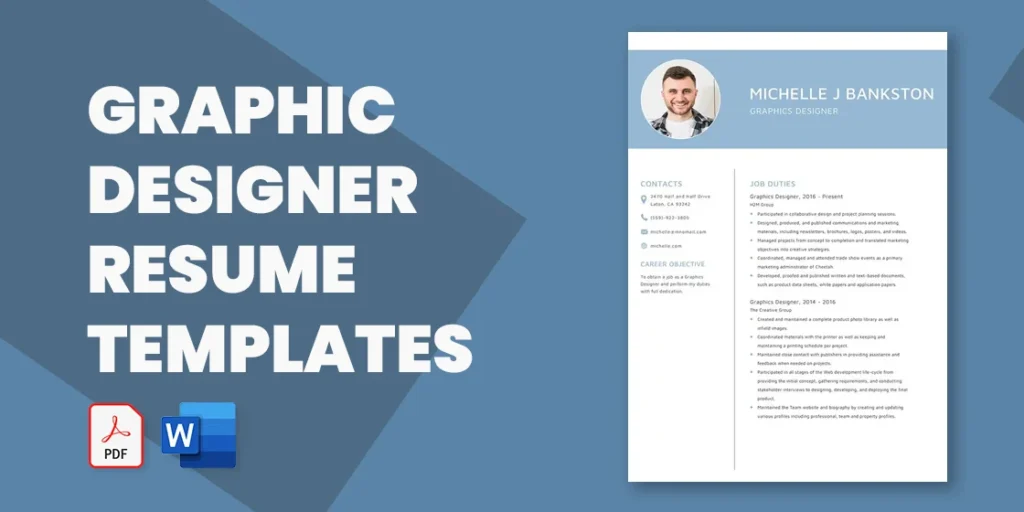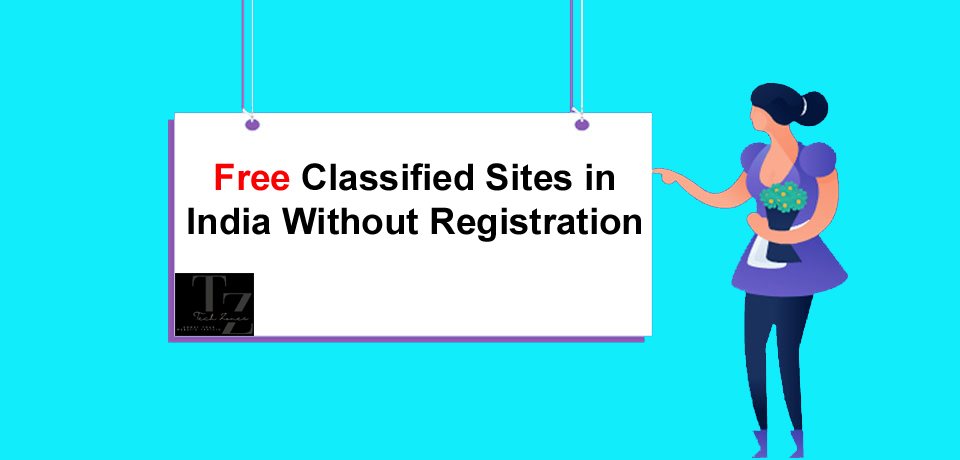What do you know by word resume, The word “resume” holds significant importance in the world of careers and employment. Whether you’re a job seeker crafting your professional document or an employer reviewing candidate profiles, understanding the nuances of a resume is essential. In this comprehensive guide, we’ll demystify the word “resume” and delve into its meaning, importance, and components, providing valuable insights for both job seekers and employers alike.
what do you know by word resume

What is a Resume?
A resume, often referred to as a curriculum vitae (CV), is a formal document that summarizes an individual’s education, work experience, skills, achievements, and qualifications. It serves as a snapshot of a person’s professional background and capabilities, providing employers with essential information to evaluate suitability for a job position.
Importance of a Resume:
A well-crafted resume is crucial for several reasons:
First Impression: A resume is often the first point of contact between a job seeker and a potential employer. It serves as a tool to make a positive first impression and capture the attention of hiring managers.
Highlighting Qualifications: A resume allows individuals to showcase their relevant qualifications, skills, and experiences that align with the requirements of the job position. It provides a comprehensive overview of one’s professional background and capabilities.
Demonstrating Achievements: Through a resume, individuals can highlight their key achievements, accomplishments, and contributions in previous roles. This helps employers gauge the candidate’s potential impact and value to the organization.
Customization: A resume can be tailored to specific job positions or industries, allowing individuals to emphasize relevant experiences and skills that are most applicable to the role they are applying for.
Components of a Resume:
While the specific format and layout of a resume may vary depending on individual preferences and industry standards, certain key components are typically included:
Contact Information: This section includes the candidate’s name, phone number, email address, and physical address. It is essential to ensure that contact information is accurate and up-to-date.
Professional Summary/Objective: A brief statement summarizing the candidate’s professional background, career objectives, and key qualifications. This section provides a snapshot of the individual’s expertise and career goals.
Education: Details of the candidate’s educational background, including degrees, diplomas, certifications, and relevant coursework. This section may also include academic honors or awards.
Work Experience: A chronological list of the candidate’s work history, including job titles, company names, dates of employment, and descriptions of job responsibilities and accomplishments. This section provides insights into the candidate’s professional experience and accomplishments.
Skills: A list of relevant skills and competencies that are applicable to the job position. This may include technical skills, soft skills, language proficiency, and specialized certifications.
Achievements/Awards: Highlights of notable achievements, awards, or recognitions received by the candidate in their professional or academic endeavors. This section demonstrates the candidate’s accomplishments and contributions.
References: Optional section providing contact information for professional references who can vouch for the candidate’s qualifications and character. It is advisable to seek permission from references before including their information on a resume.
Tips for Creating an Effective Resume:
Tailor your resume to the specific job position and industry.
Use concise and clear language, avoiding jargon or overly technical terms.
Highlight relevant experiences and achievements that demonstrate your suitability for the role.
Proofread your resume carefully to ensure accuracy and professionalism.
Format your resume for readability, using bullet points and headers to organize information effectively.
Also read:- Which of The Following is Used AS A Side View Mirror
In conclusion, a resume is a vital tool for job seekers to present their qualifications, skills, and experiences to potential employers. It serves as a gateway to career opportunities and plays a crucial role in the recruitment process. By understanding the components and importance of a resume, individuals can effectively showcase their capabilities and make a compelling case for their candidacy. Likewise, employers can use resumes as a valuable tool for evaluating candidates and making informed hiring decisions.

